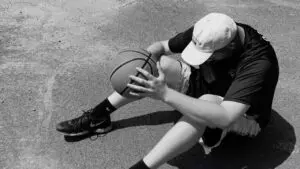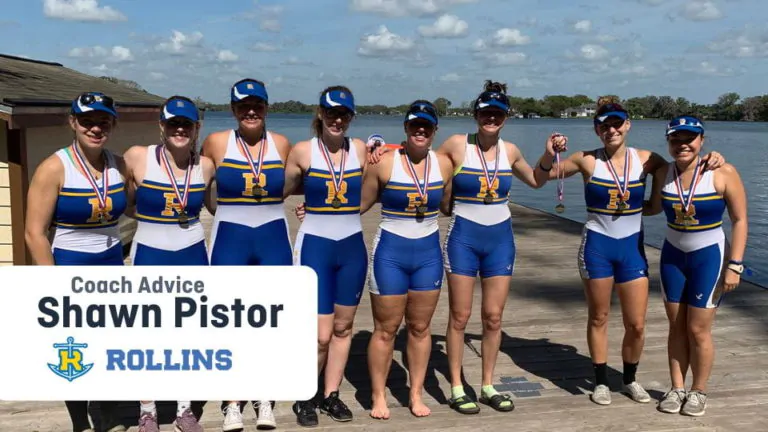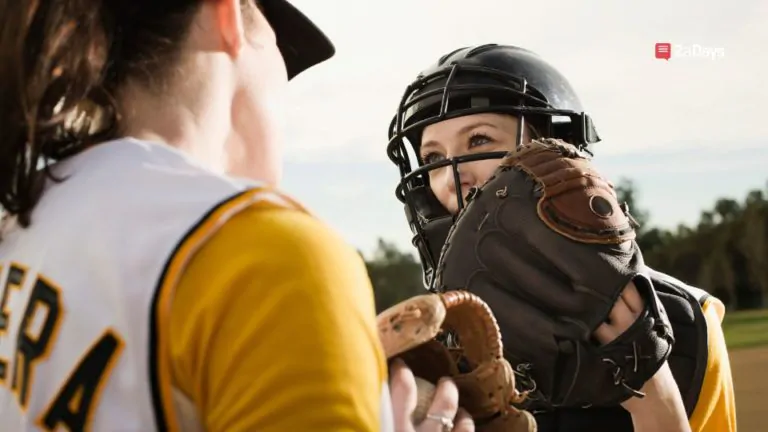Think of the adjectives that come to mind when you think of an athlete. Most people would use words like strong, tough, fit, quick and “on-top.” These qualities, albeit true, often pigeonhole college athletes and give them the impression that they have to uphold a front of complete perfection, ranging from their physical attributes to their mental health.
Student-athletes experience the same stress-inducing instances that typical students do, but some additional stressors include high athletic performance expectations, strict time demands, and being in the public eye. This constant pressure for achievement, excellence, and acceptance from others can cause student-athletes suffering from depression and anxiety to bottle their pain to seem strong. Much of this can be attributed to the sports culture, which typically does not encourage an athlete to address how they feel or talk about their feelings. However, speaking about mental health illnesses does not make an athlete weak. Think about mental health as being a separate muscle group in an athlete's body – an athlete needs to make sure it's healthy and getting the proper treatment and enrichment that it needs to be successful.
Mental health illnesses in college students and student-athletes are not uncommon. In the 2016 American College Health Association National College Health Assessment, approximately 31% of men and 40% of women in college reported feeling so depressed it was difficult to function in the past 12 months. A survey of nearly 21,000 Division I, II, and III college athletes at nearly 600 schools indicated mental health issues were not uncommon. In a 2016 publication from the NCAA, approximately 30% of students self-reported feeling overwhelmed. Thankfully, in 2017, the resources for student-athletes who are struggling are abundant. Asking for help is one of the bravest things a person can do. Many times, when initially discussed with coaches or teammates, mental health issues can be targeted and the appropriate help for the athlete can be determined. Many universities offer mental health programs on campus, and some even provide services and therapists within the athletics department.
The most important thing for a student-athlete struggling with a mental health illness is to realize that it is okay not to be okay. Help is out there. It is equally essential for universities and their athletic departments to promote mental health awareness and offer resources for their students and student-athletes.
Resources:
- Your campus' student health center.
-
To Write Love on Her Arms, twloha.com
- Crisis Text Line: Text “TWLOHA” to 741-741
- Resources by State: https://twloha.com/find-help/local-resources/
- National Hopeline Network: 1-800-784-2433
- Heads Up Guys: https://headsupguys.org
- U.S. Government Mental Health Information: https://www.mentalhealth.gov
- National Suicide Prevention Lifeline: 1-800-273-TALK (8255)
- The Trevor Project (LGBTQ): 1-866-488-7386
* Originally published on November 5, 2017, by Chandler Frumin







